By Kaelan Deese. Media: Washingtonexaminer
The Supreme Court agreed Friday to consider former President Donald Trump’s bid to toss out a ruling by Colorado’s top court removing him from the primary election ballot in the state.
The move comes after Trump appealed last month’s 4-3 ruling by the Colorado Supreme Court on Wednesday, which marked the first time in history that Section 3 of the 14th Amendment was invoked to bar a presidential candidate from the ballot. Colorado’s high court found that Trump played a key role in the Jan. 6 Capitol riot, disqualifying him under the clause.
Arguments in the case will be held on Feb. 8. The high court could give a ruling in the dispute soon after those arguments, as the primary voting season will be fast approaching by that point.
The Colorado case is shoving the U.S. Supreme Court, whose 6-3 Republican-appointed majority includes three justices appointed by Trump, straight into a thorny and partisan effort to trounce Trump’s bid to reclaim the Oval Office.
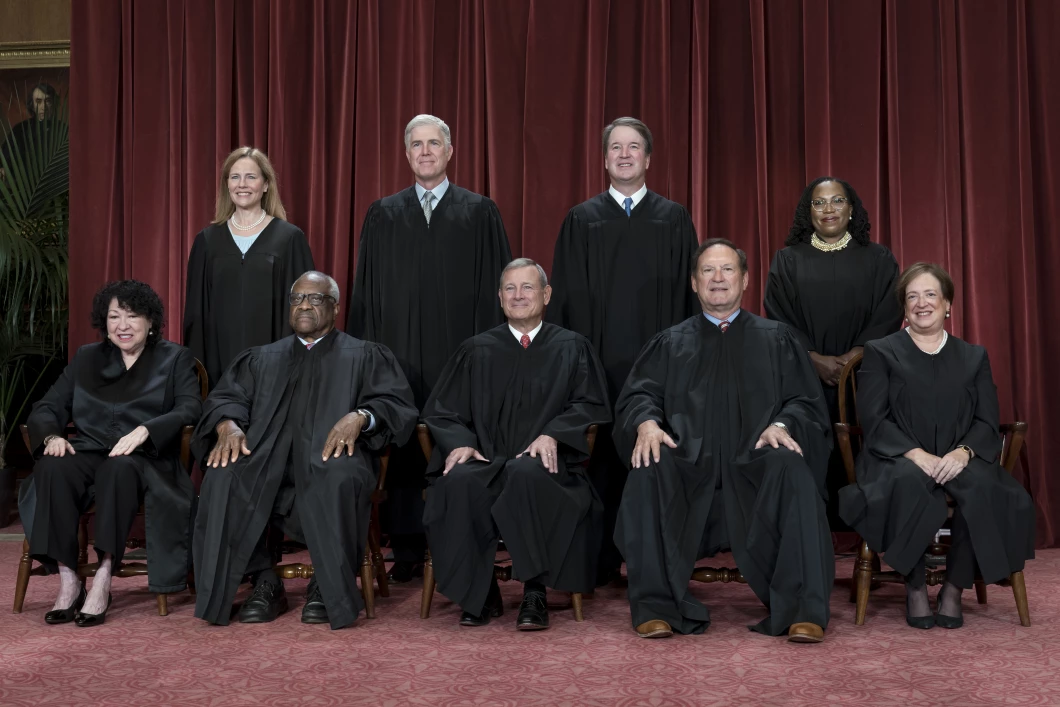
J. Scott Applewhite/AP
Trump himself has discussed his worries about the implications of placing such a political question before the justices, with Trump attorney Alina Habba saying this week the former president voiced concerns the justices may “shy away from being pro-Trump” and rule against him over the ballot dispute.
Days before Trump’s appeal, the Colorado Republican Party filed its own appeal led by attorney Jay Sekulow, arguing the high court should take up the case promptly. Legal experts largely predicted the high court would take up the case due to unsettled constitutional matters and the threat of inconsistent rulings, as 18 state courts have lawsuits pending over similar efforts to bar Trump from the ballot.
In December, the Colorado Supreme Court upheld a finding by a district court judge that the events of Jan. 6 constituted an insurrection incited by Trump. It agreed with plaintiffs, six Republican and unaffiliated Colorado voters whose lawsuit was backed by a liberal group, that Trump violated the provision.
Days after the justices in Colorado ruled to remove Trump, Maine Secretary of State Shenna Bellows, a Democrat, also ruled Trump was ineligible to appear on that state’s ballot last week. Trump appealed the ruling in state court on Tuesday.
The decisions in both Colorado and Maine have been put on hold pending appeal.
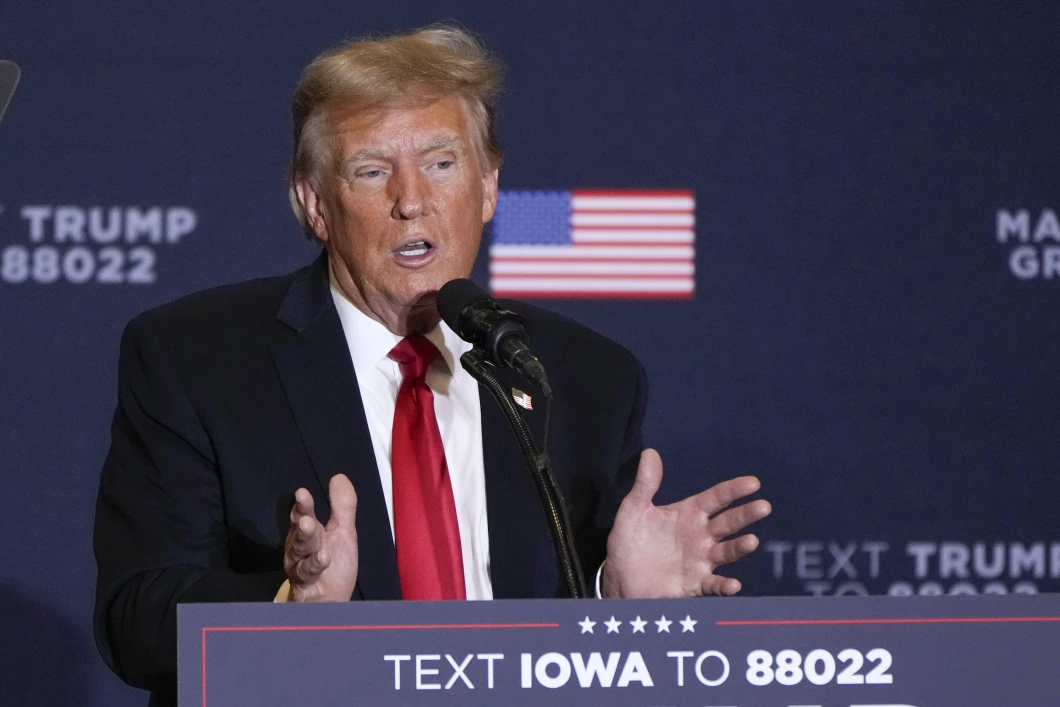
Charlie Neibergall/AP
The former president’s counsel argued to the Supreme Court that the question of eligibility to serve as president is “properly reserved” for Congress, not state courts, to decide, according to his petition.
“By considering the question of President Trump’s eligibility and barring him from the ballot, the Colorado Supreme Court arrogated Congress’ authority,” defense lawyers said.
The lead plaintiff seeking to keep him off the ballot, former Republican majority leader of the Colorado House and Senate Norma Anderson, succeeded in convincing the Colorado Supreme Court that Trump’s rhetoric prompted the Jan. 6 Capitol riot.
“The mob’s overriding purpose was to help keep Trump in office by preventing the constitutionally mandated counting of the electoral votes that had been cast in President Biden’s favor,” Anderson’s attorneys wrote in a brief to the Supreme Court on Tuesday.
Colorado’s Republican Party is seeking to have three main issues addressed by the justices: whether Section 3 applies to presidents, whether Congress must enact an enforcement mechanism to invoke it, and whether “the denial to a political party of its ability to choose the candidate of its choice in a presidential primary and general election violates that party’s First Amendment” rights, according to its brief.
Trump is asking the justices to address similar points, but most notably, he wants the justices to answer whether the act of removing a candidate from the ballot is a nonjusticiable political question, or the notion that Congress is the only branch of government that can decide the issue. He is also requesting that the justices decide whether he “engaged” in insurrection, as his defense against that finding in Colorado has leaned on First Amendment rights.
Also on Friday, 27 states led by Republican Attorneys General Todd Rokita of Indiana and Patrick Morrisey of West Virginia filed an amicus brief arguing the Colorado Supreme Court’s decision “threatens to throw the 2024 presidential election into chaos.”
“Now that the Colorado court has intruded into an arena where courts previously have feared to tread, swift intervention is essential,” the authors of the brief told the Supreme Court, adding, “Conflict and chaos is already setting in.”
Notably, there was no indication that any justices recused themselves from the upcoming oral arguments despite calls from Democrats and progressive advocates who said Justice Clarence Thomas should step aside. Those arguments were prompted by his wife, Ginni Thomas’s public questioning about the results of the 2020 election in favor of President Joe Biden.


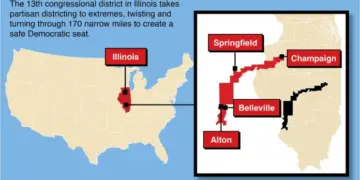

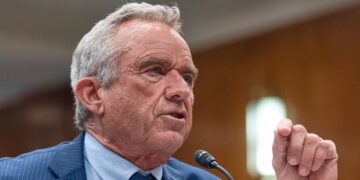
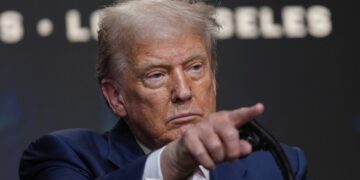
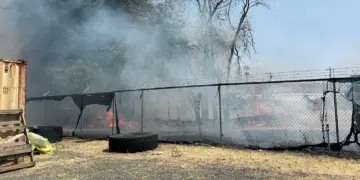




















































































Discussion about this post